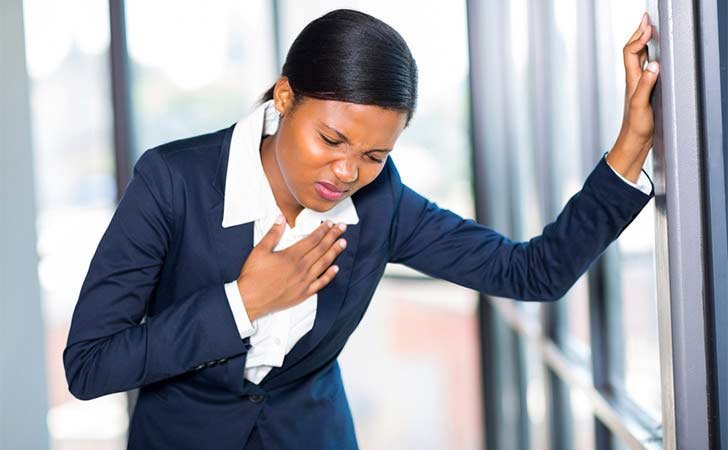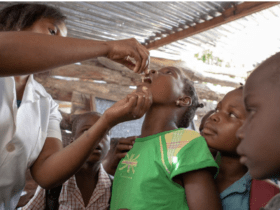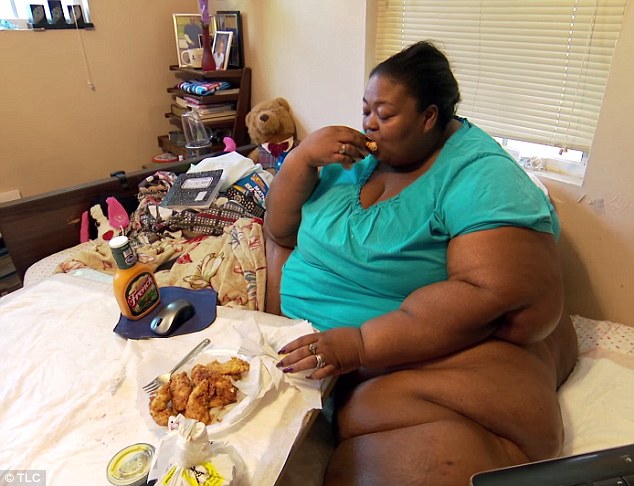
A cardiac arrest is a heart condition that occurs when the heart stops pumping blood around the body.
Sudden cardiac arrest is the abrupt loss of heart function, breathing, and consciousness. The condition usually results from an electrical disturbance in your heart that disrupts its pumping action, stopping blood flow to your body.
Sudden cardiac arrest differs from a heart attack when blood flow to a part of the heart is blocked. However, a heart attack can sometimes trigger an electrical disturbance that leads to sudden cardiac arrest.
If not treated immediately, sudden cardiac arrest can lead to death.
It can come on suddenly, or in the wake of other symptoms. Cardiac arrest is often fatal if appropriate steps aren’t taken immediately.
Women are however at a lower risk of developing sudden cardiac death (SCD) as compared with men.
Causes Of Cardiac Arrest

A number of things can cause Cardiac arrest, however, there are two common causes, ventricular and atrial fibrillation.
What causes cardiac arrest?
The most common cause of a cardiac arrest is ventricular fibrillation (VF). In VF, the electrical activity of the heart becomes erratic, causing the heart to quiver or ‘fibrillate’ instead of beating normally. VF can be caused by a number of different heart-related problems, including:
- Heart attack
- Coronary artery disease (atherosclerosis)
- Heart failure
- Some heart rhythm conditions, such as Long QT syndrome.
Ventricular fibrillation can also happen as a result of events unrelated to heart disease such as:
- Suffocation or choking
- Electrocution
- Loss of a lot of blood such as haemorrhage
- Allergic reaction
- Drowning
- Drug overdose.
Also read, You May Have Heart Disease If You Experience These 5 Symptoms
Risk Factors
People who are prone to Cardiac arrest are people who have certain heart disease or health Issues. Examples are,
- Large Heart
- Irregular Heart Valves
- Smoking
- Hereditary
- Obesity
- Substance Abuse
- A family history of coronary artery disease
Symptoms And Signs
- People who have symptoms often become dizzy
- Shortness of breath
- Chest discomfort
- They feel fatigued or weak
- vomiting
- High blood pressure
- Increase in age
- They experience heart palpitations
Ways To Treat People Who Suffer From Cardiac Arrest

- Cardiopulmonary resuscitation (CPR) is very critical in treating any emergency form of cardiac arrest.
- Defibrillation is another form of treating cardiac arrest. These treatments get your heart beating again once it has stopped.
If you survive a cardiac arrest, your doctor may start you on one or more treatments to reduce the risk of another heart attack.
Surgery can repair damaged blood vessels or heart valves. It can also bypass or remove blockages in the arteries.
There is also long term treatment of medications and implantation of cardioverter-defibrillator (ICD).


















Leave a Reply